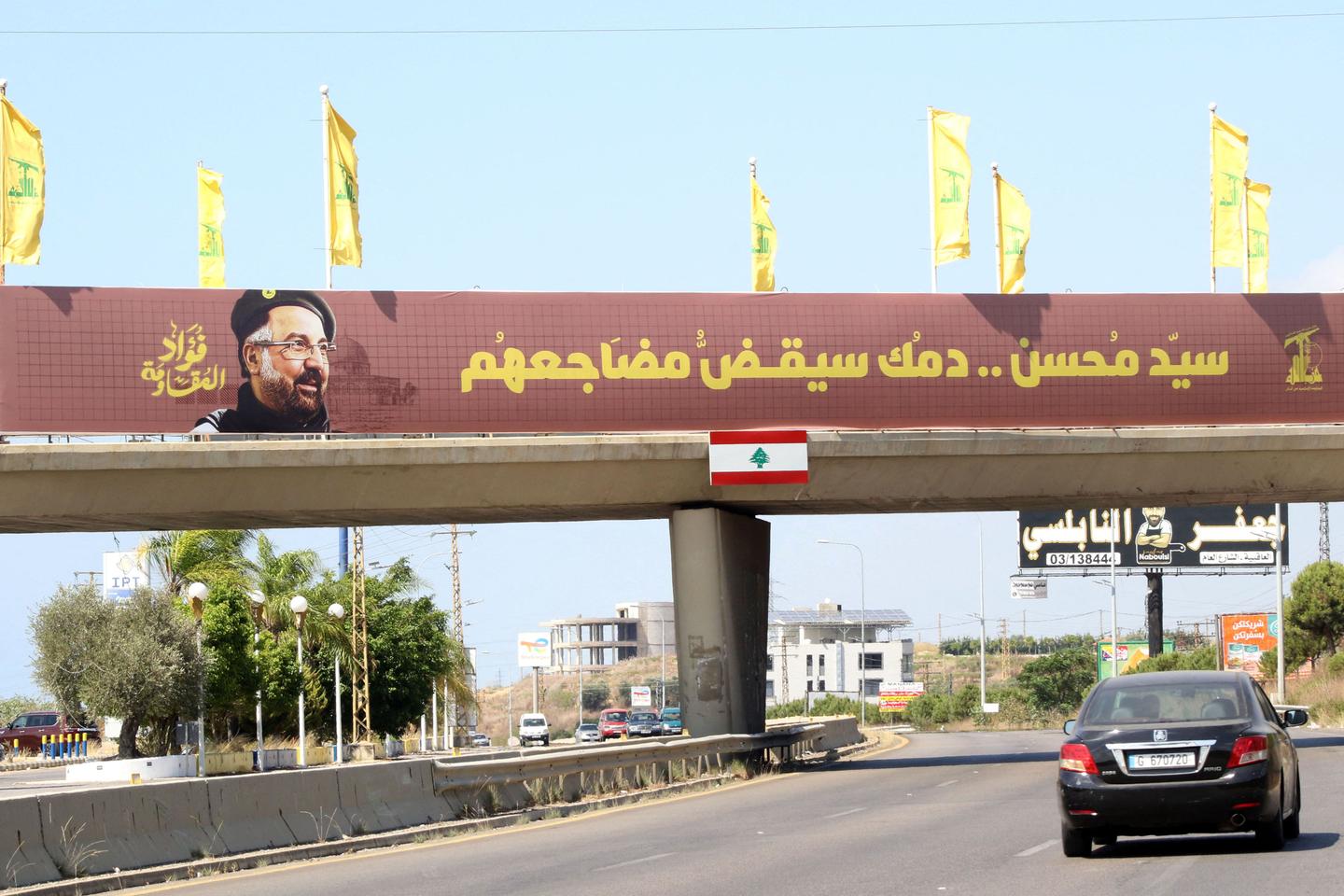Diplomatic efforts intensify to avoid regional war between Israel and Iran – Technologist
Iran came to Jeddah, Saudi Arabia, on Wednesday, August 7, seeking the support of Muslim countries in the escalation pitting it against Israel. Along with Palestine, it had requested an emergency meeting of the Organization of Islamic Cooperation (OIC), in response to the death of Ismail Haniyeh on July 31 in Tehran, in a strike attributed to Israel.
Saudi Arabia, leader of the Sunni Muslim world, gave Iran its approval, emerging from the silence it had observed since the death of the Hamas leader to join in the condemnations of the OIC member countries. “Ismail Haniyeh’s assassination is a flagrant violation of Iran’s sovereignty, territorial integrity and national security, as well as international law and the United Nations Charter, which threatens to destabilize the region,” denounced Saudi diplomacy.
Iran has been looking for such support ever since the humiliating attack on the heart of its capital. Although Tehran has promised to inflict a “firm” response on Israel to restore its deterrence, the government is making a diplomatic solution a priority. The country does not want to be drawn into an open war with Israel, which could compromise its rapprochement with the Arab countries and its efforts to break out of its international isolation.
Israel’s condemnation
Since July 31, the Islamic Republic has struggled to defend the legality of its potential retaliation under international law and to isolate Israel diplomatically. “If the United States and Western countries want to prevent war and insecurity in the region they should immediately stop selling arms and supporting the Zionist regime,” urged Iranian President Masoud Pezeshkian in a conversation with Emmanuel Macron on Wednesday, according to the Iranian presidency. Tehran “should also commit to calling the destabilizing actors that it supports to the greatest restraint to avoid a conflagration,” the French president argued, calling for an end to “the logic of retaliation.”
“A condemnation of Israel on the international stage would be a major victory for Iran, much more so than targeting an Israeli base,” said Hamidreza Azizi, a researcher at the Stiftung Wissenschaft und Politik in Berlin. Denouncing a violation of its sovereignty and a threat to regional and international peace and security, Iran invoked its “inherent right to self-defense as outlined in Article 51 of the Charter of the United Nations.”
As it had already done in April, before leading a full-scale offensive against Israel in response to the attack on the Iranian consulate in Damascus (which killed high-ranking members of the Revolutionary Guards), Tehran hinted that a condemnation of Israel by the UN Security Council would eliminate the need for a military response. However, no such condemnation was forthcoming. Washington has only denied any involvement in the death of the leader of Hamas – an organization classified as terrorist by the US and the European Union – to avoid exposing itself to reprisals against its bases in Iraq and Syria.
You have 59.44% of this article left to read. The rest is for subscribers only.


